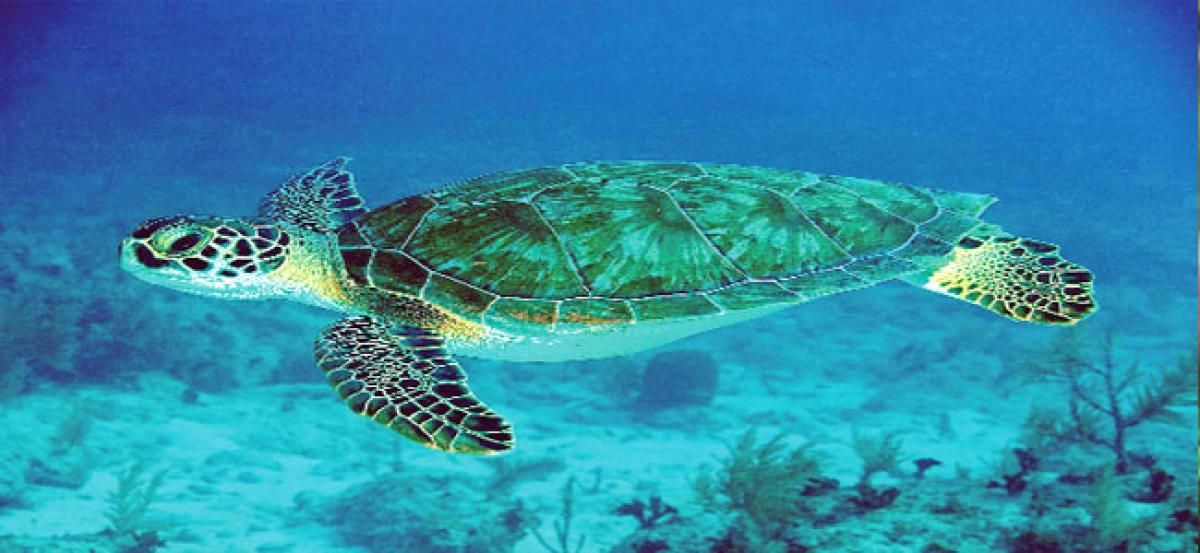Live
- Japan Masters: Sindhu's campaign ends after losing to Michelle Li
- Kuppam administration initiates ‘Praja Darbar’ to take services to rural people
- Plea in Supreme Court seeks suspension of ongoing NEET-PG counselling
- ED raids multiple locations in Kolkata for lottery scam
- Australia: Investigation launched into shooting of replica gun near Sydney's Parliament House
- Uncontrolled diabetes can be detrimental to eye, brain health: Experts
- At last, justice to Abu Ghraib detainees
- Varun Tej's Matka Hits Theaters: Audience Reactions & Reviews So Far
- The siblings God never gave us
- Trial run of vacuum cleaner held









